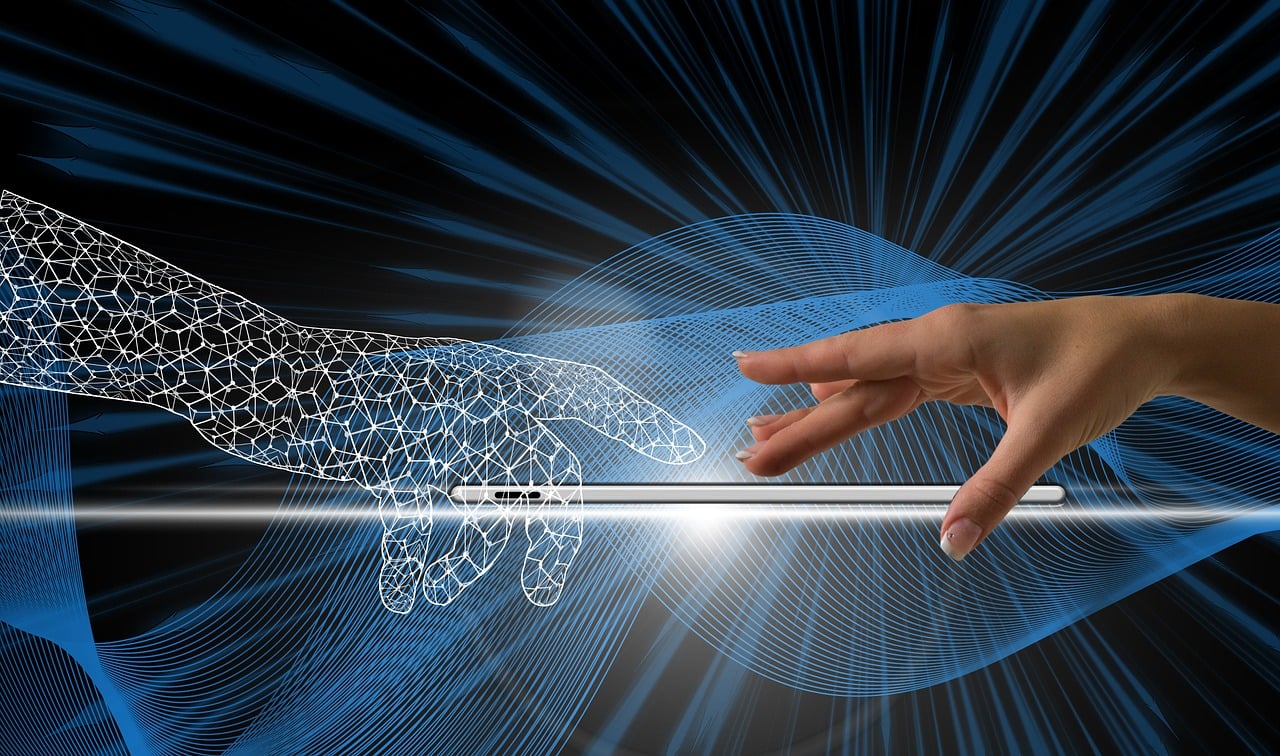About digitization

What does digitization have to do with sustainability? The use of IT, smartphones & Co. accounts for the same share of global emissions as air traffic (depending on the source, around 3.5%). Nevertheless, we rate digitization positively and air traffic negatively. The goal should of course be the environmental compatibility of both areas. But why do we carbonize artificially available, functioning technology (e.g. conventional bicycles), make it more environmentally harmful (e.g. SUV e-bikes with lithium-ion batteries and complex electronic features) and then believe that the world will get better?
There are two answers, maybe more.
For one thing, we believe in progress. Technology will still solve the problems, even if it creates new ones for the time being. We enjoy this technique.
On the other hand, if you are not aware of this: We have been in the middle of the fourth industrial revolution, also known as Industry 4.0, since 2011 at the latest. On the one hand, change is so rapid that the further development of artificial intelligence is currently being slowed down in order to clarify how to deal with it. Pupils can suddenly have applications written through Chat GPT. Businesses related to IoT (Internet of Things) are springing up. On the other hand, bicycle factories still produce as they did in Henry Ford's days, in a linear economy.
The major goal of Industry 4.0 is the so-called smart factory. And look: there, too, everything works according to the cycle principle, like nature and the so-called circular economy. In the highest level of perfection, man no longer works, takes care of his health and his family and the important things in life. This is the only way we can get rid of the shortage of skilled workers, because Generation Z rightly rejects self-destruction through hard work with poor pay. Parallel to the development of the smart factory, we must introduce the unconditional basic income through politics. This also reshuffles the cards for companies because, on the one hand, personnel costs are falling and, on the other hand, only motivated and interested people work for them. A recommendation here is reading the book "Basic Income for All" by the late dm founder Götz Werner.
Lately it has been said that the further development of Industry 4.0 is Industry 5.0, which has already begun. It is considered an extension of Industry 4.0 and focuses on the well-being of people, taking into account planetary boundaries.
The same applies here: if you don't want change, you're missing out on a quality of life that people have never known before. Let's work on it responsibly! And of course, this change is challenging, especially for large companies that have to completely reinvent themselves.
Siehe auch:
- SmartFactory-KL
- Was ist Industrie 5.0? 5 Hauptpunkte, die Sie wissen müssen - TWI Deutschland (twi-global.com)

Price question: How do we manage to make the increasing demand for electronic components circular? The conflicting goals are obvious. Whoever overcomes them has paradise.